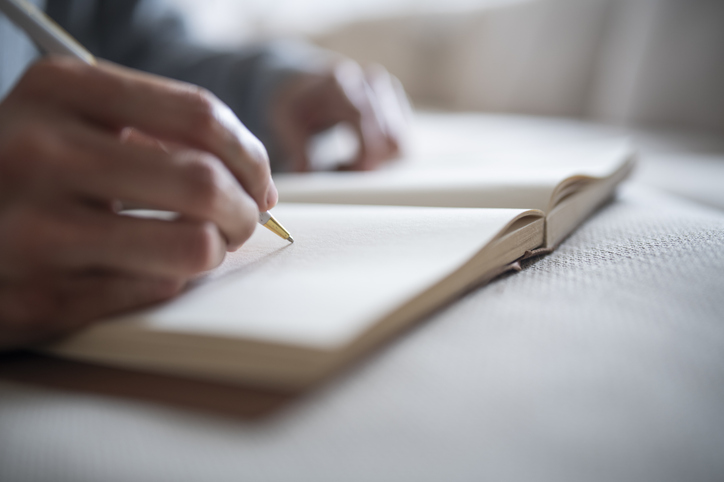Each year poets throughout the land wait breathlessly for the results of the National Poetry Competition and the latest winners’ anthology. We can gauge the state of our national literacy by these pages – which is why this year’s results left some of us spitting feathers. The first two prizes have been awarded not to poetry at all, but to prose, printed in central blocks on the page, evidently under the impression that this makes them something other than prose.
Already a subscriber? Log in
Subscribe for just $2 a week
Try a month of The Spectator Australia absolutely free and without commitment. Not only that but – if you choose to continue – you’ll pay just $2 a week for your first year.
- Unlimited access to spectator.com.au and app
- The weekly edition on the Spectator Australia app
- Spectator podcasts and newsletters
- Full access to spectator.co.uk
Or




















Comments
Don't miss out
Join the conversation with other Spectator Australia readers. Subscribe to leave a comment.
SUBSCRIBEAlready a subscriber? Log in